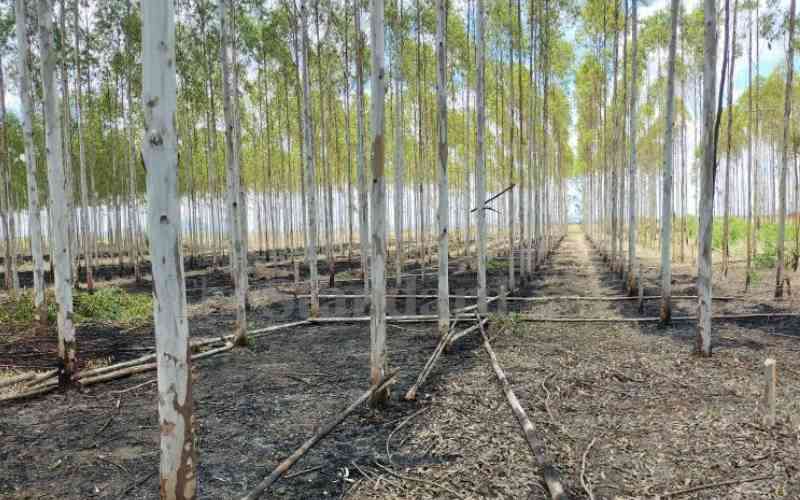×
The Standard e-Paper
Home To Bold Columnists

Unless curtailed in good time, we are staring at a class struggle that may end up as a class war, which is worse than a tribal war.
When government apparatus stayed put as property worth millions was destroyed and looted at the Northlands farm, people got ideas.